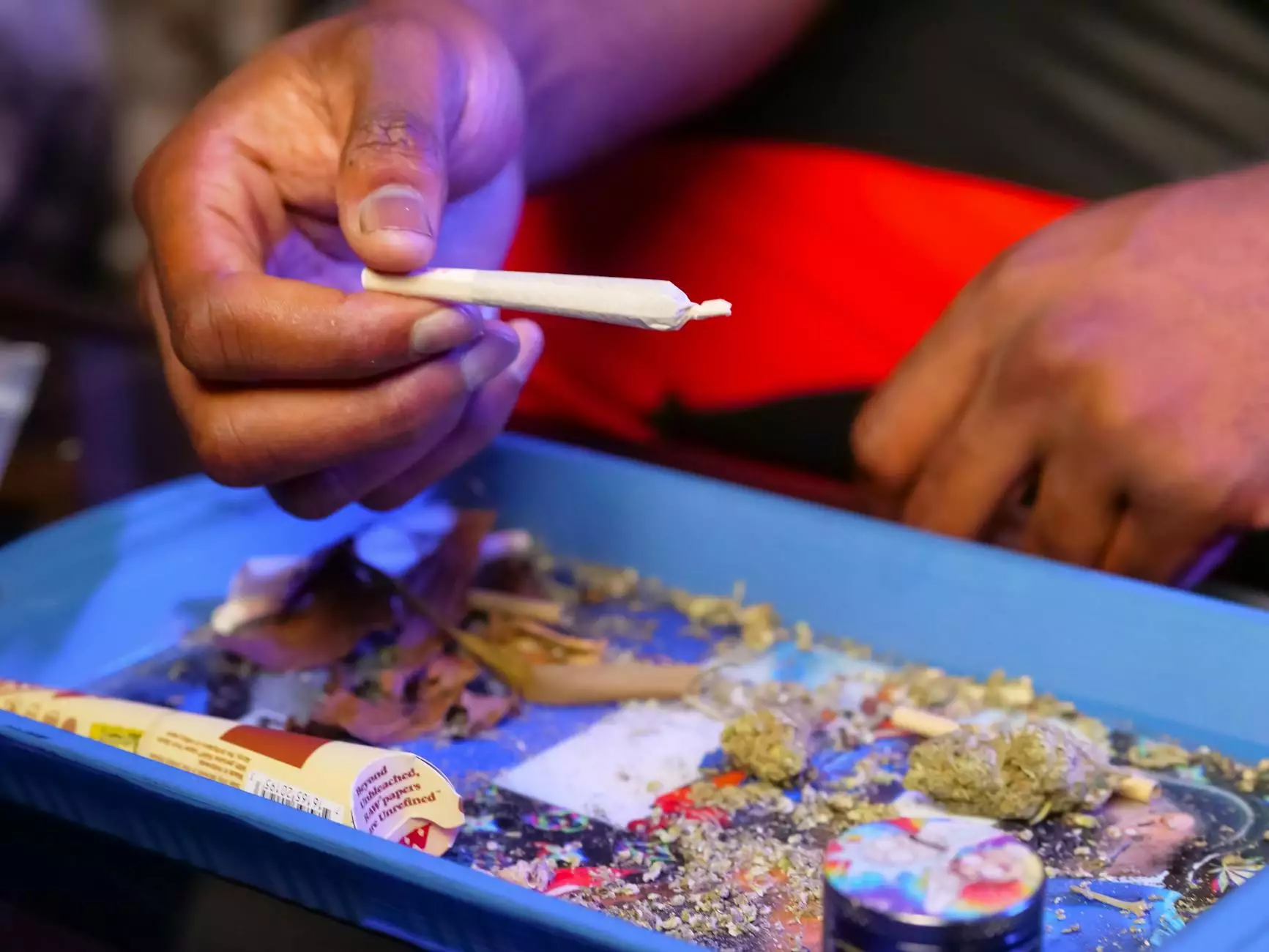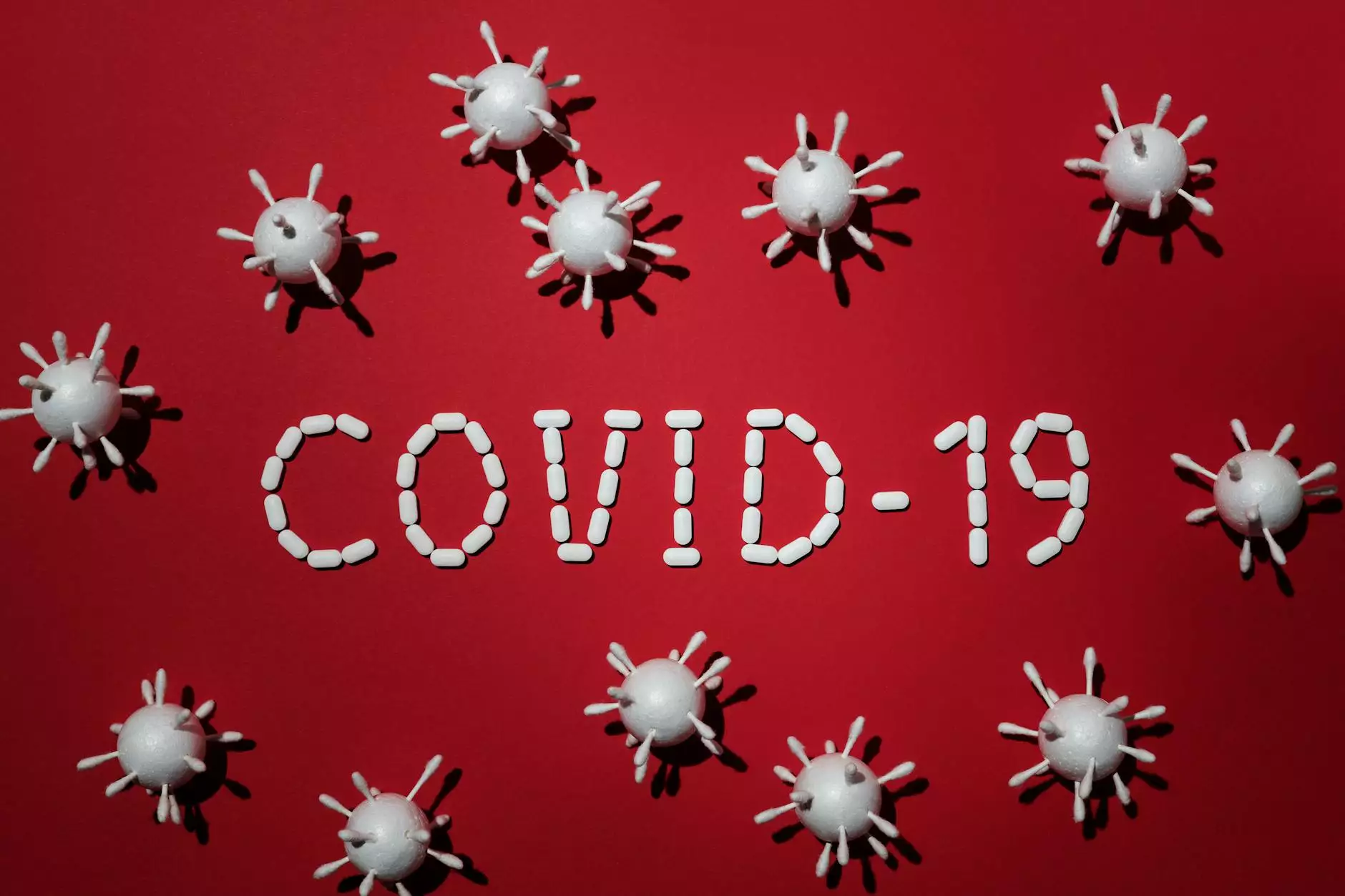The Leading Sugar Manufacturers in Brazil: A Comprehensive Overview

The Brazilian sugar industry stands as a monumental pillar in the global agricultural sector, showcasing a rich legacy that intertwines with the nation’s economy, culture, and international trade. Sugar manufacturers in Brazil have established a reputation for excellence, innovation, and sustainability, making Brazil one of the top producers and exporters of sugar worldwide. This article delves into the intricate workings of this thriving industry, the key players, production methodologies, and Brazil’s profound impact on the global sugar market.
Understanding the Brazilian Sugar Industry
The sugar industry in Brazil is not merely an agricultural endeavor; it’s a comprehensive ecosystem that involves cultivation, manufacturing, and distribution. Brazil’s favorable climate, rich soil, and advanced agricultural techniques have made it the world’s largest producer of sugarcane, which serves as the primary raw material for sugar production.
The Importance of Sugarcane
Sugarcane (Saccharum officinarum) is a tropical grass that is the primary source of sugar worldwide. In Brazil, sugarcane is cultivated predominantly in the central-south regions due to the ideal soil and climate conditions. The following points highlight the significance of sugarcane in Brazil:
- Economic Contribution: The sugar industry contributes substantially to Brazil's GDP and employment.
- Diverse Products: Besides sugar, sugarcane is used to produce ethanol, molasses, and other by-products.
- Sustainability: Many farmers are adopting organic farming practices, enhancing the sustainability of sugar production.
Leading Sugar Manufacturers in Brazil
The landscape of sugar manufacturers in Brazil is vast and varied, with numerous companies playing pivotal roles. Below are some of the key industry players:
1. Raízen
Raízen is one of the largest sugar manufacturers in Brazil. Formed as a joint venture between Royal Dutch Shell and Cosan, Raízen is a leader in sugar and ethanol production, with a strong commitment to sustainability. The company utilizes advanced technologies to enhance production efficiency and reduce environmental impact.
2. Grupo Cosan
Grupo Cosan has a long-standing history in the sugar industry and is known for its innovative approaches towards production and renewable energy. Their operations span across the entire sugarcane value chain, making them a formidable force in the market.
3. Tereos Internacional
Tereos is a global player with a strong presence in Brazil. They invest heavily in sustainable practices and technological advancements, ensuring that their production methods not only meet demand but also preserve the environment.
Production Methods of Sugar Manufacturers in Brazil
The production of sugar involves several intricate processes, from planting and harvesting to processing. Below is an overview of the steps involved:
1. Cultivation
Successful sugar production begins with the planting of the sugarcane. Farmers select the proper seed variety and utilize practices such as crop rotation and integrated pest management to enhance yield and sustainability.
2. Harvesting
The harvesting process is critical. Brazil uses both manual and mechanized methods to collect the sugarcane. Mechanized harvesting has become more prevalent, significantly reducing labor costs and time.
3. Processing and Production
Once harvested, the sugarcane is transported to processing plants where it undergoes crushing to extract juice. This juice is then clarified, evaporated, and crystallized to produce sugar. State-of-the-art technologies are employed in Brazilian sugar mills to maximize efficiency and output.
4. Quality Control
Brazilian sugar manufacturers place a high emphasis on quality control, ensuring that the sugar produced meets international standards. Various tests are conducted throughout the production process to monitor sugar concentration, purity, and other essential parameters.
Exporting Brazilian Sugar: Global Reach and Impact
Brazil is the leading exporter of sugar globally, contributing to approximately 50% of the world’s sugar exports. The sugar produced in Brazil reaches various international markets, playing a crucial role in global sugar supply chains. Key factors contributing to Brazil's success in sugar exports include:
- Diverse Markets: Brazil exports sugar to countries across North America, Europe, Asia, and beyond.
- Competitive Pricing: The scale of production allows Brazilian manufacturers to offer competitive prices on the global market.
- Sustainable Practices: Increasing global demand for sustainably produced goods enhances Brazil’s appeal to international buyers.
Challenges Faced by Sugar Manufacturers in Brazil
Despite its strengths, the sugar industry in Brazil faces several challenges:
1. Climate Change
Climate change poses a significant risk to sugarcane cultivation. Altered weather patterns can lead to droughts or excessive rainfall, affecting yields and quality.
2. Market Volatility
The sugar market is susceptible to fluctuations due to changes in global demand, government policies, and competition from other sugar-producing countries. Manufacturers must navigate these uncertainties to maintain profitability.
3. Regulatory Challenges
Brazilian sugar manufacturers are subject to various regulations regarding production practices, labor laws, and environmental impacts. Compliance with these regulations can be burdensome, especially for smaller producers.
Future Trends in the Brazilian Sugar Industry
As the global demand for sugar and sugar products continues to evolve, Brazilian manufacturers are adapting with innovative solutions and practices. Key trends include:
1. Technological Advancements
Investments in technology are driving efficiency in the sugar production process. From precision agriculture techniques to advanced processing machinery, sugar manufacturers are leveraging innovations to enhance productivity.
2. Sustainable Practices
With increasing awareness of environmental issues, sugar manufacturers are progressively adopting more sustainable farming and production practices, including:
- Reducing Water Usage: Implementing irrigation techniques that optimize water use.
- Organic Farming: Shifting towards organic sugar production to meet consumer demand for healthier products.
- Waste Reduction: Utilizing by-products to generate energy and reduce waste in the sugar manufacturing process.
3. Diversification of Products
Brazilian manufacturers are exploring ways to diversify their product offerings beyond traditional sugar. This includes the production of biofuels, sweeteners, and other value-added products that capitalize on the versatility of sugarcane.
Conclusion
The sugar manufacturers in Brazil play an integral role in both the national and global economy, showcasing a blend of tradition and modernity. As the industry navigates challenges and embraces innovations, Brazilian sugar will continue to be a cornerstone of the agricultural sector. By emphasizing quality, sustainability, and efficiency, Brazil not only maintains its position as a leading sugar producer but also sets the stage for a prosperous future in the global sugar market. For more information about sugar suppliers in Brazil, visit brazilsugartopsuppliers.com.



